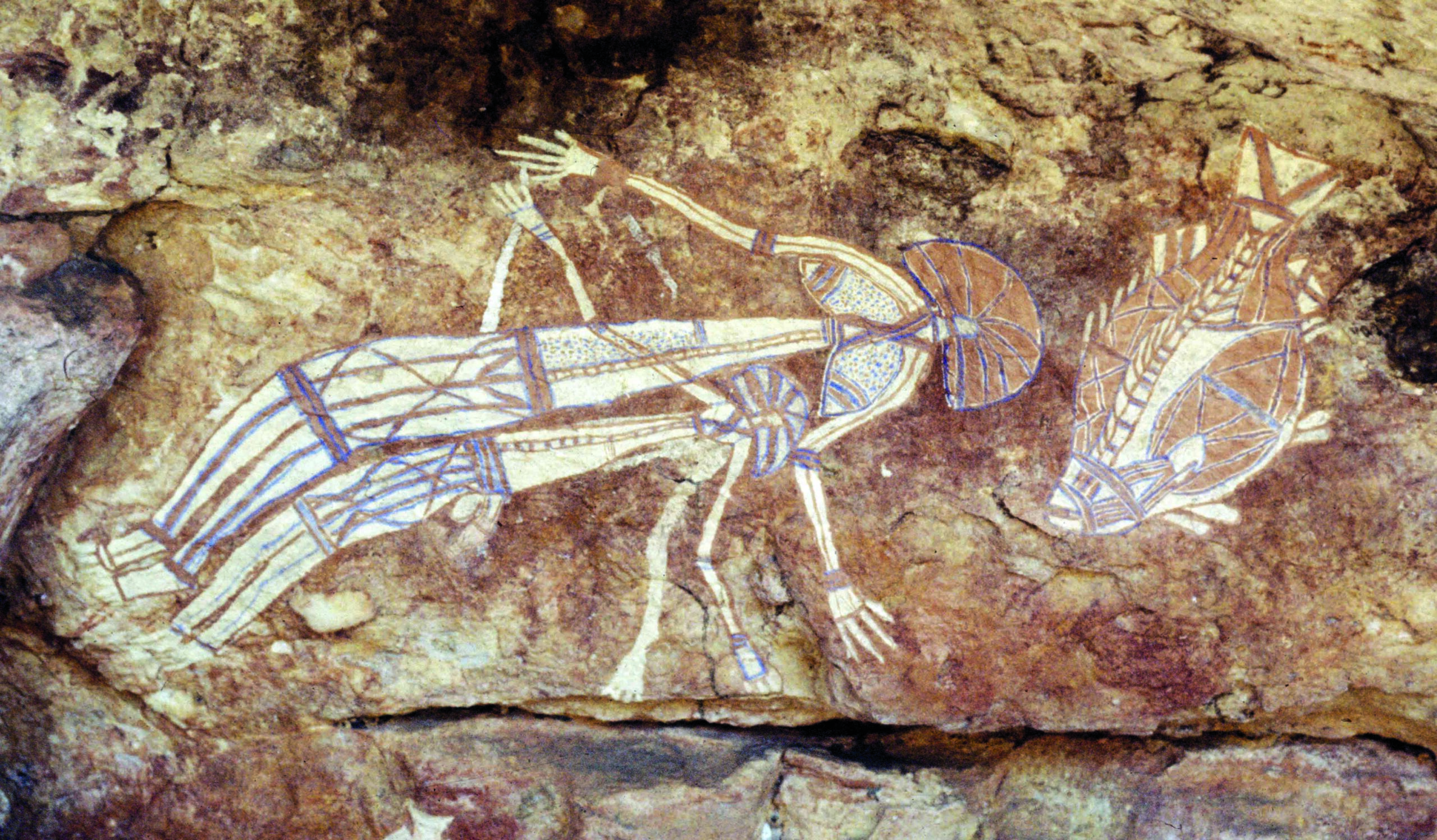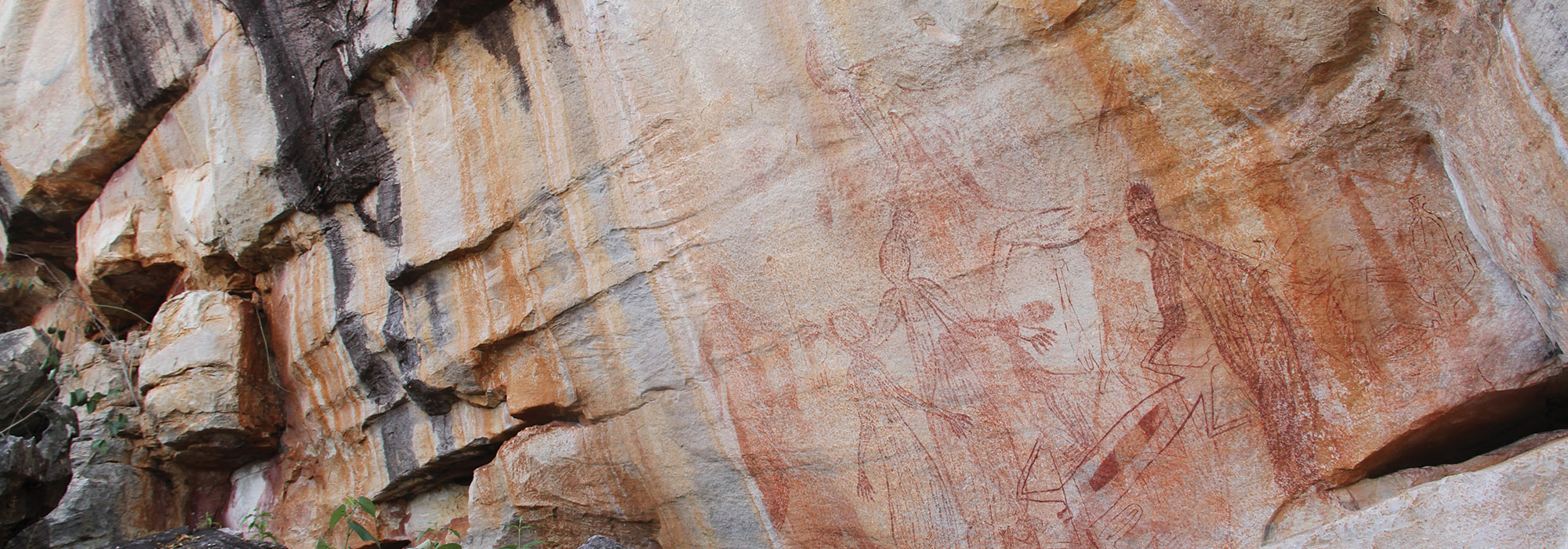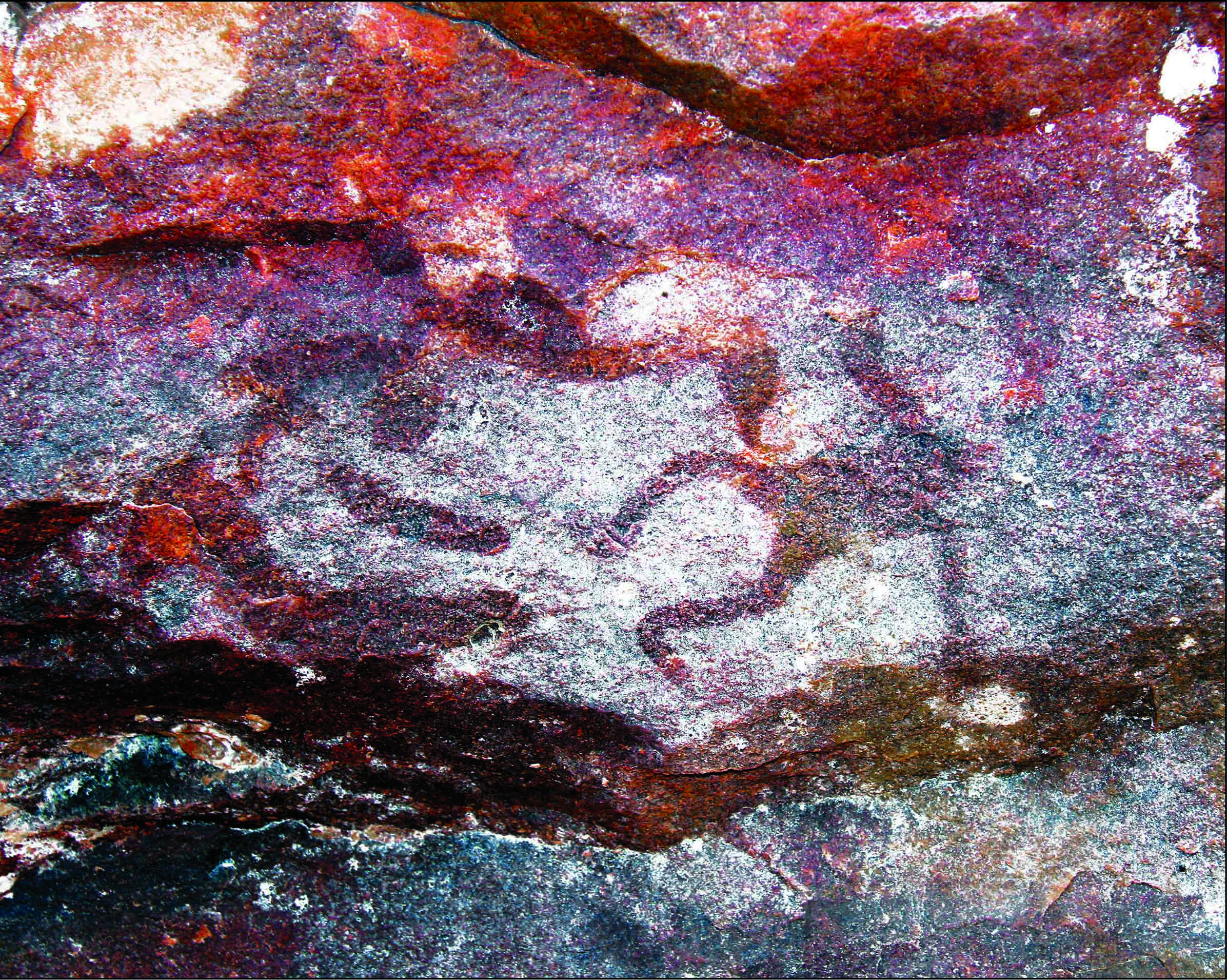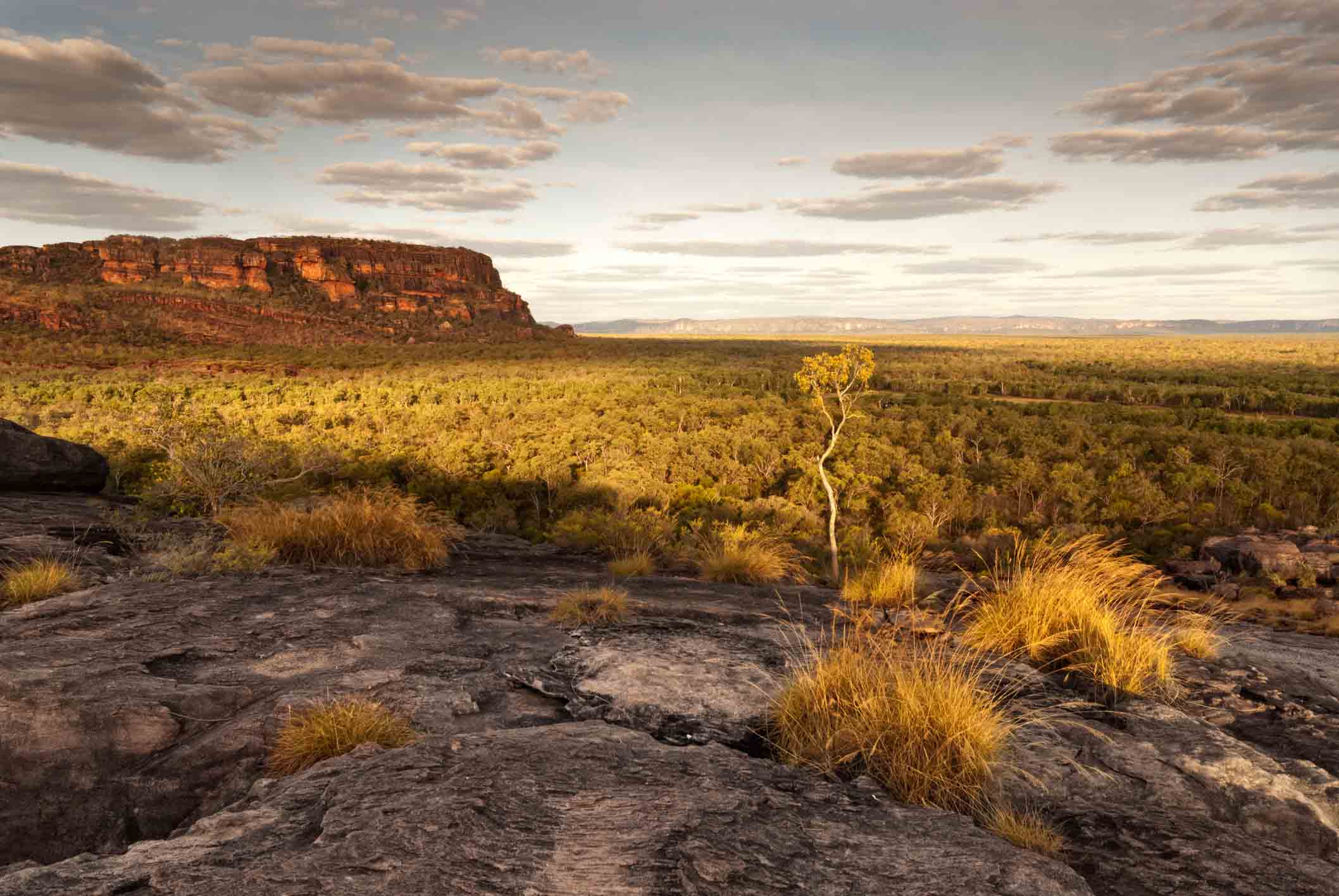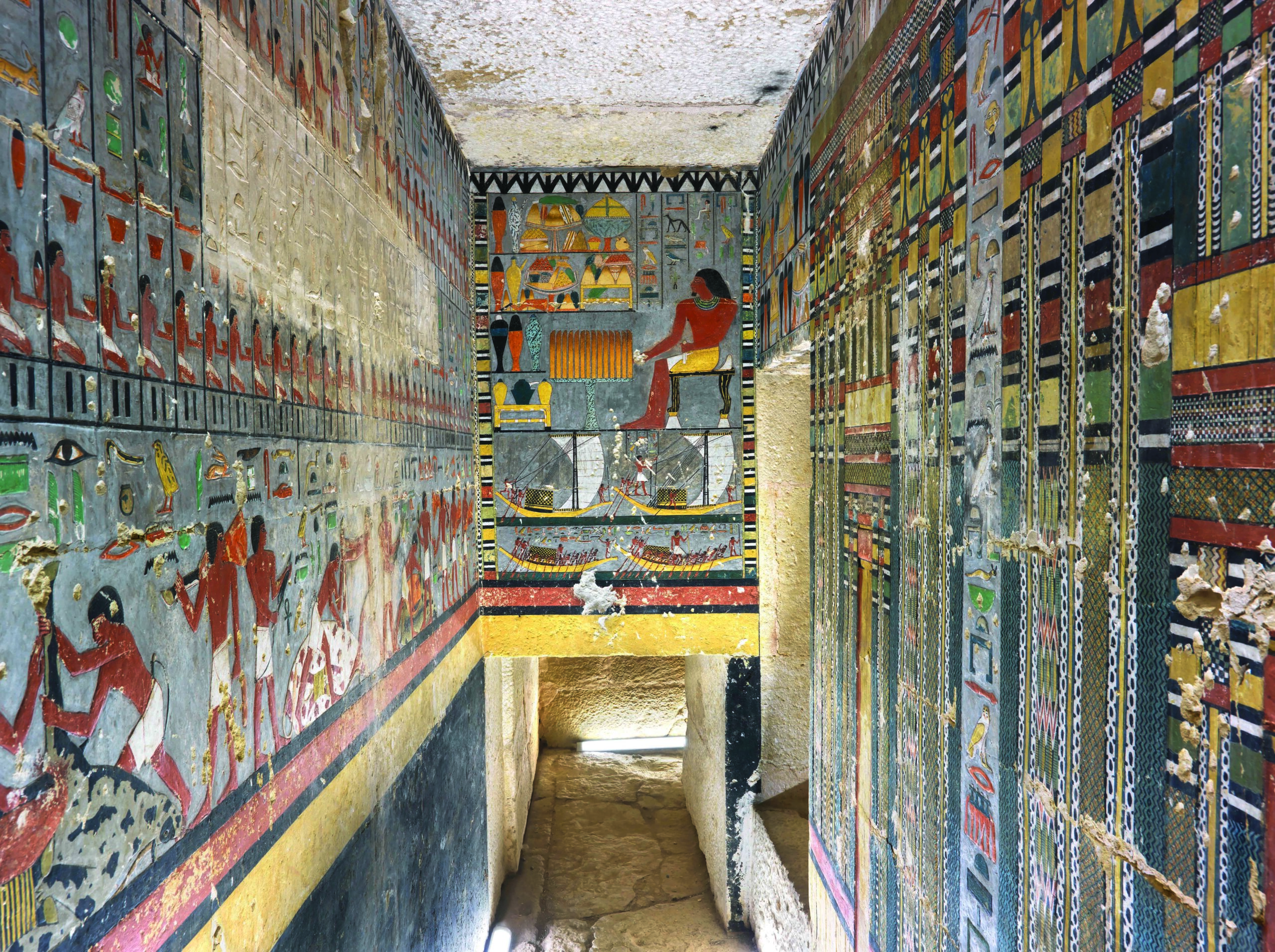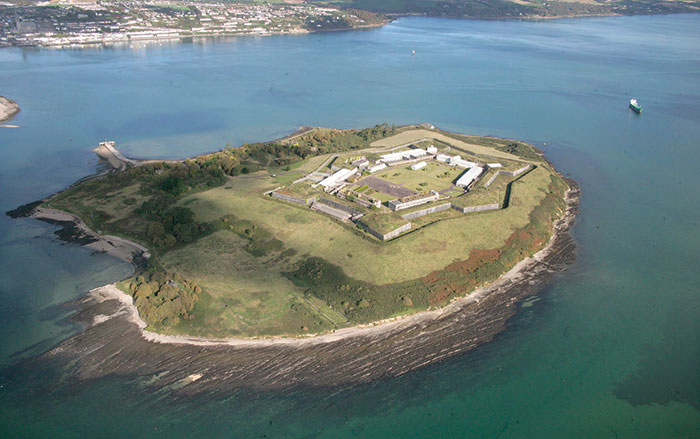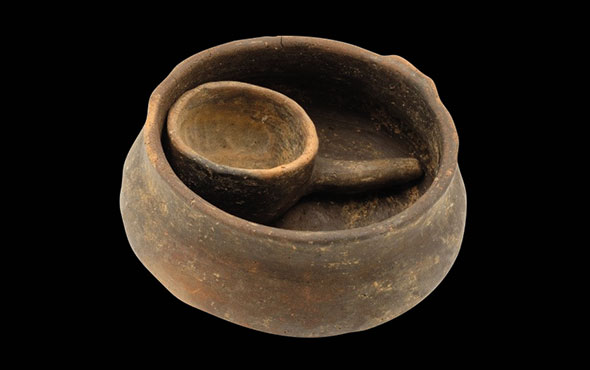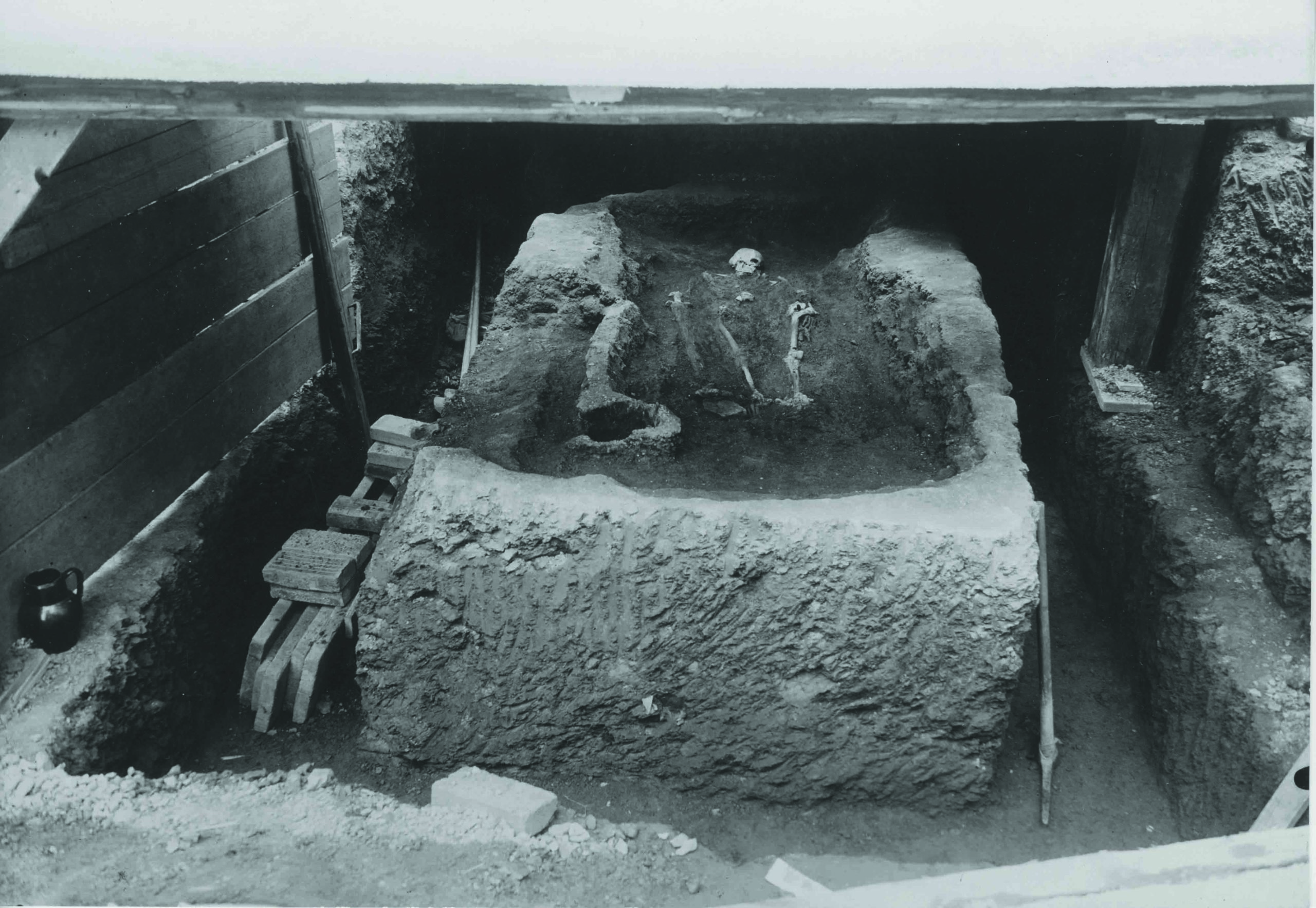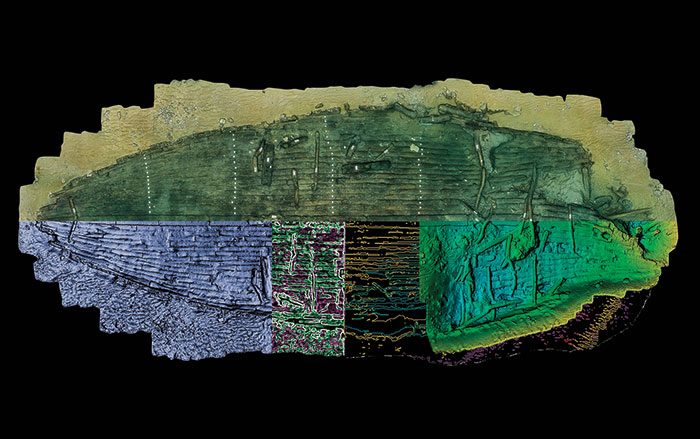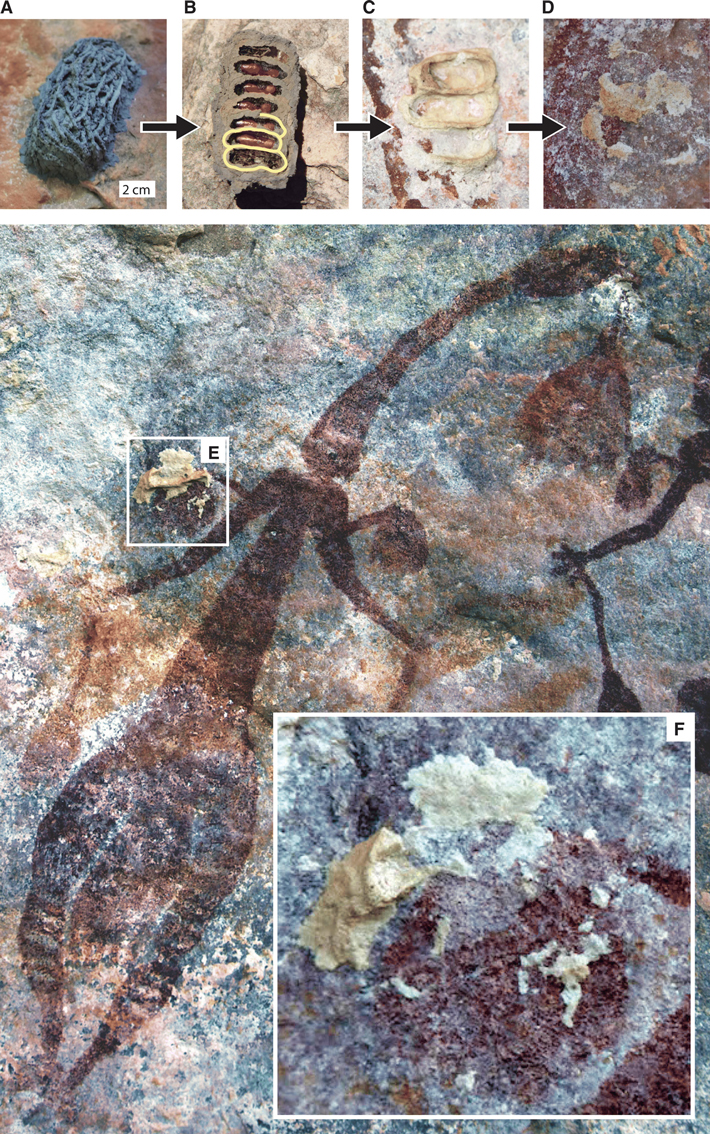
MELBOURNE, AUSTRALIA—BBC News reports that researcher Damien Finch of the University of Melbourne used ancient mud wasps’ nests to date the so-called Gwion style of rock art found in northwestern Australia. Finch noted that, while encasing insect prey in mud, wasps often collect fragments of charcoal from the ground that can be radiocarbon dated. The wasps then affix the mud structures onto rock faces. Traces of this mud has been found under rock art, which provides its maximum possible age, while mud found on top of the rock art gives its minimum age, Finch explained. By collecting dates from artwork all over the region, he estimates the oldest images date back about 12,000 years, rather than 16,000 years ago, as previously thought. “All this is important because we can now begin to match the rock art with other types of information we are getting in the Kimberley, such as the stone tools that are uncovered by archaeologists and what we understand was happening with the climate and sea levels,” Finch said. Read the scholarly article about this research in Science Advances. For more on the rock art of Australia's Northern Territory, go to "Off the Grid: Kakadu National Park."


